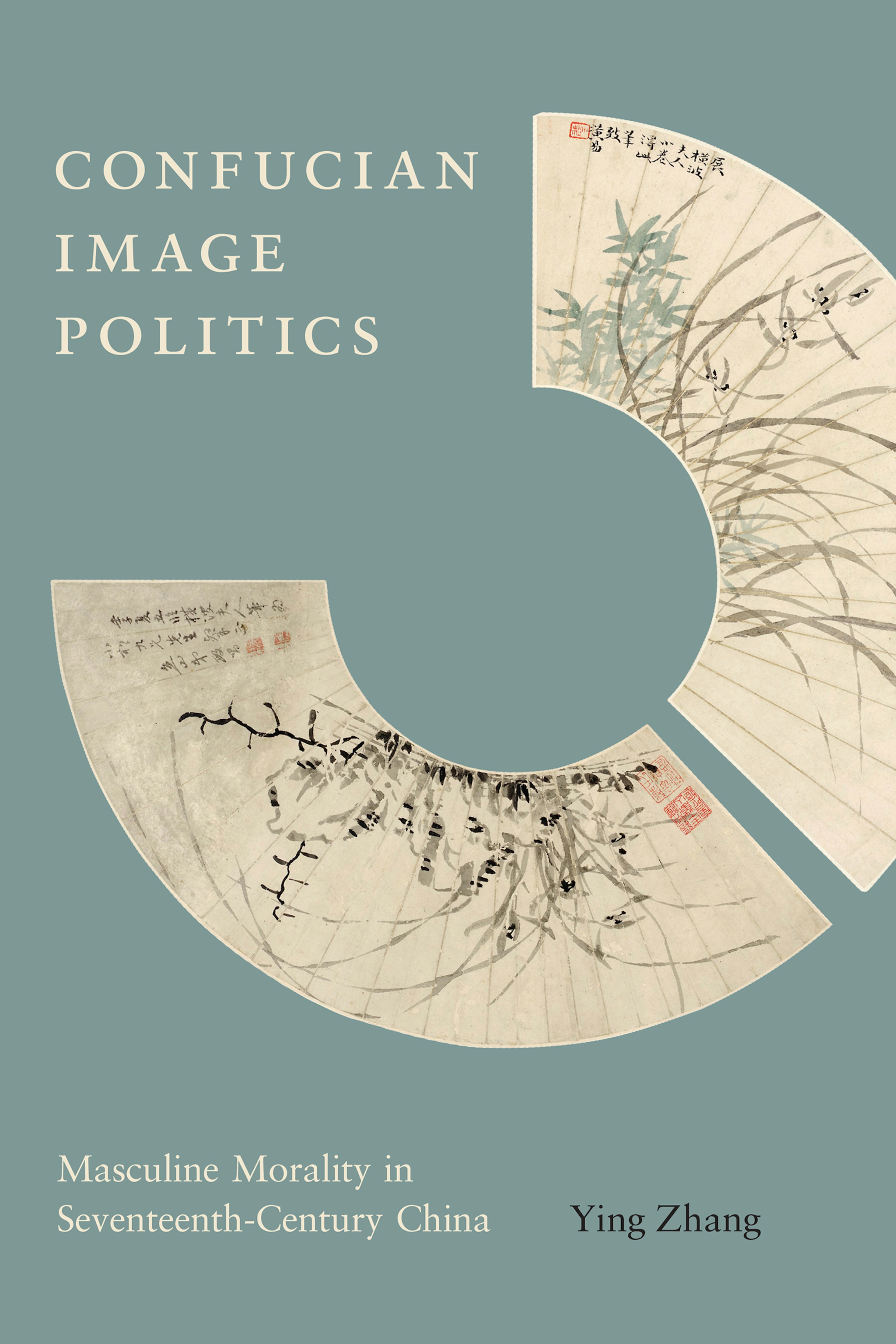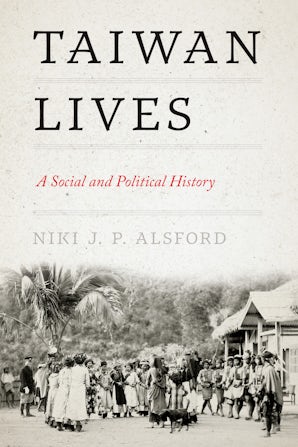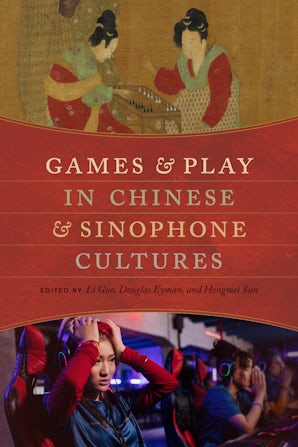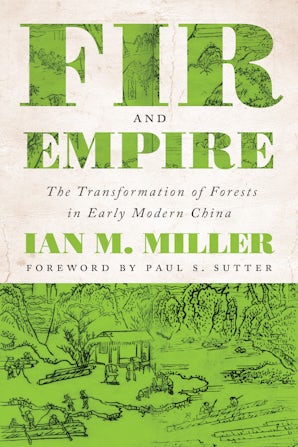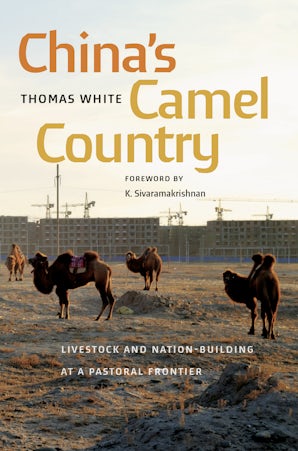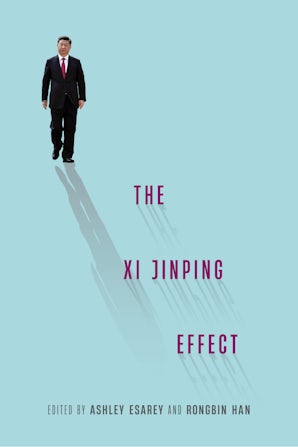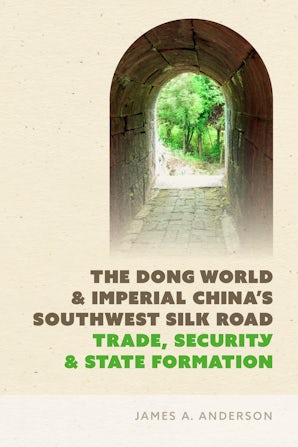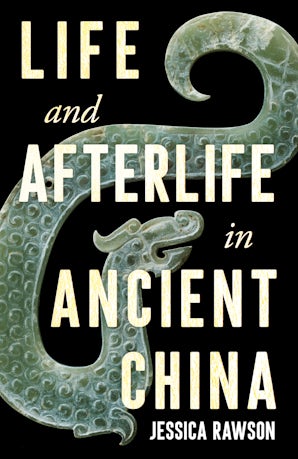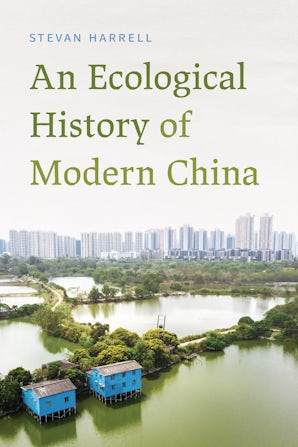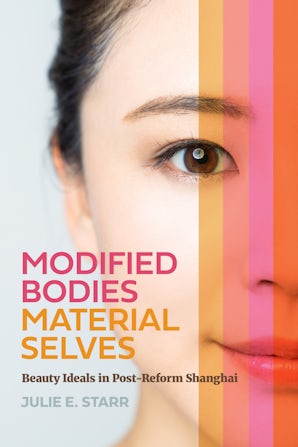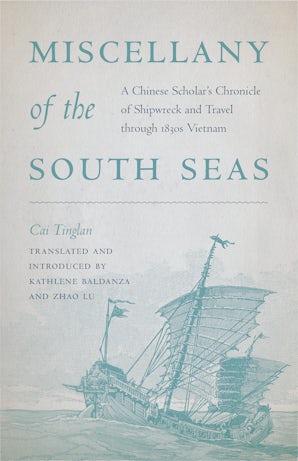"Zhang’s great strength is in finding new angles from which to tell the story of the late Ming . . . as well as strategic uses of the vernacular never before explored in a systematic way."
-
Katherine Carlitz, Journal of Asian Studies
"With its insightful observations and unique viewpoint, Confucian Image Politics is a major addition to the field of late imperial Chinese history. This book is essential to scholars interested in the study of gender history and political culture in the Ming and the Qing periods."
-
Haihong Yang, New Books Asia
"A masterful analysis of how the long-established practices of moralistic discourse and political conflict were intensified through the two actions of Yangming-inspired individual agency and the market imperatives of commercial publishing."
-
Kenneth J. Hammond, American Historical Review
"A powerful, highly original analysis of political discourse and factional struggle from the late Ming dynasty through the early Qing. This is outstanding scholarship, demonstrating an encyclopedic knowledge of primary sources from the seventeenth century. Professor Zhang combines sophisticated discourse analysis (refreshingly free of theoretical cant), with a close reading of high literati culture (calligraphy, poetry, memoirs), to provide an utterly fresh perspective on the politics of the crucial seventeenth century in Chinese history."
-
Matthew H. Sommer, China Review International
"This persuasive book will change the way seasoned scholars think about Ming-to-Qing factionalism. [This] very strong first book by an emerging leader in late-imperial Chinese history leads me to expect even greater contributions from her in the future."
-
Lynn Struve, Journal of Chinese History
"Masterfully demonstrates the unprecedented importance assumed by print culture in the image politics of the late Ming. This reviewer. . . is deeply impressed by the richness of this study and its analytical rigor and nuances, a result of the author’s masterful command of primary sources (many of which have been rarely explored by previous scholars) and her ability to weave a fascinating and compelling historical narrative about this important period. She has done a marvelous job in defamiliarizing several familiar issues in late imperial Chinese history, such as those of literati factionalism during the late Ming and early Qing imperial politics and the relationship between the Ming loyalists and so-called turncoats in the post-Manchu conquest era, by reexamining and reframing them from new angles and thus offering so many refreshing insights. Students and scholars of Chinese history, culture, and literature, as well as comparative historians, will benefit so much from the insights and information abundant in this study, not only because it is a well-researched scholarly monograph, but also because the author has so many fascinating stories to tell about this tumultuous period in Chinese history."
-
Martin W. Huang, Ming Studies
"Professor Zhang’s fine-grained study of how the many competing factions that rose and fell during the tumultuous years of the late Ming and early Qing deployed Confucian image politics complicates and defamiliarizes a political and cultural landscape that is central to understanding the late imperial period. Confucian Image Politics stands out for its first-rate close readings of a wide range of primary documents, methodological insights, and skillful storytelling that teach us how to read sources from this crucial period of fierce factional battles and whipsaw reputational changes."
-
Maram Epstein, Nan Nu: Men, Women and Gender in China
